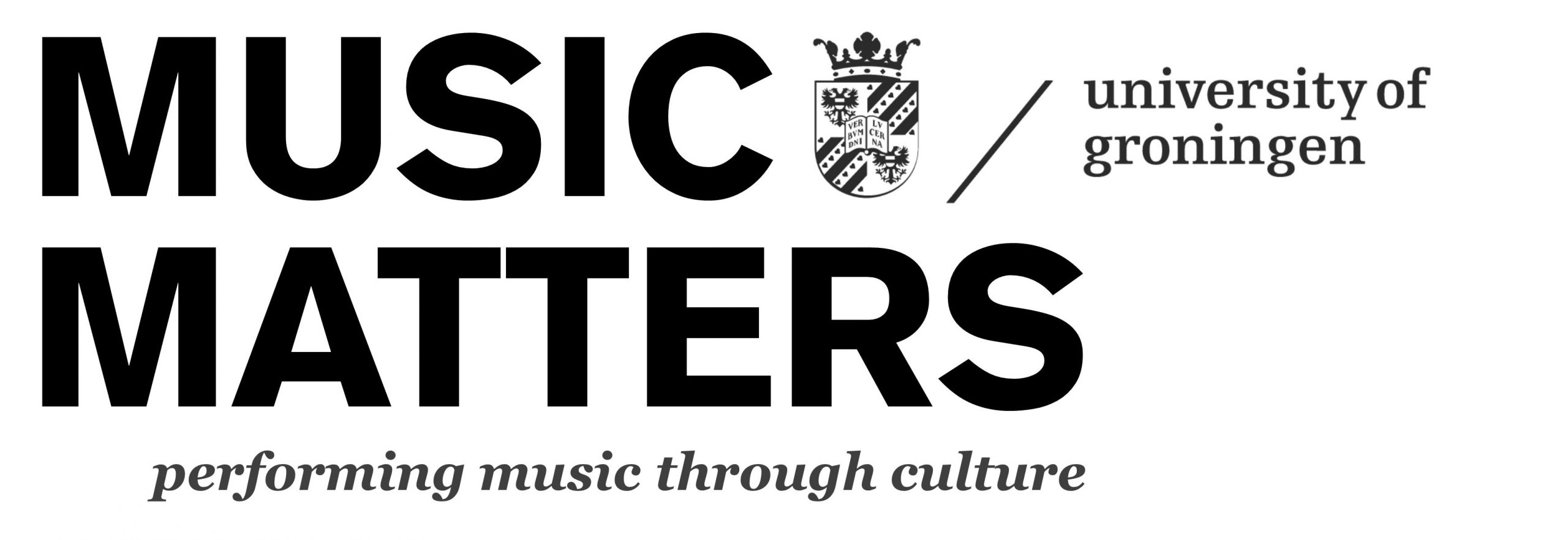Kill the Hippies? The Legacy of the Sixties in American Punk
In the United States and elsewhere, punk is an art form and related culture that is usually presented as the violent, nihilistic rejection of Sixties peace and love. If the Sixties are still perceived, at least in the public’s mind, in declension form – of a rise and fall, of going from the youthful optimism of Kennedy and noble dream of King to the horror of Vietnam, militancy of Black Power and antiwar revolutionaries, the cynicsm of Nixon (not to mention the sudden economic slide), then punk is too often seen as evidence of America hitting rock bottom: the logical outcome of a generation of permissive child-rearing, the predictable end of Sixties anything-goes culture. Even among many punk veterans, this is a narrative that is too often accepted. Among prevailing historical interpretations of the 1970s and 1980s, punk merits almost no attention. This paper makes a case for the importance of punk in American political culture. It argues that American punk swept through certain parts of the United States not only in response to the dismal conditions of the Seventies, but also in an effort to carry on vital forms of Sixties political culture. That is, an artistic movement defined in part by its contempt for hippies actually tried to call forth the better spirit of the Sixties.
Michael Stewart Foley is Professor of American Political Culture and Political Theory at the University of Groningen. Prior to coming to Groningen, he taught at the University of Sheffield in England and the City University of New York. Trained as an historian, he is author and editor of six books, including the prize-winning Confronting the War Machine Draft Resistance during the Vietnam War. His most recent book, Front Porch Politics: The Forgotten Heyday of American Activism in the 1970s and 1980s was named by Ralph Nader as one of the top ten books to provoke discussion in 2014. He is a founding editor of The Sixties: A Journal of History, Politics, and Culture and has served as historical adviser to the prize-winning film, The Camden 28 (2007) and on the last two seasons of the Emmy Award winning television program, Mad Men (2013-14). In recent years, his work has turned to the intersection music and politics. He has written about Johnny Cash and the Vietnam War and the politics of San Francisco punks, Dead Kennedys (his 33 1/3 book on Dead Kennedys’ first LP will be out in a few weeks). He is currently writing an essay about Rahsaan Roland Kirk and Black Power politics, as well as a larger study on the political culture of early San Francisco punk.
